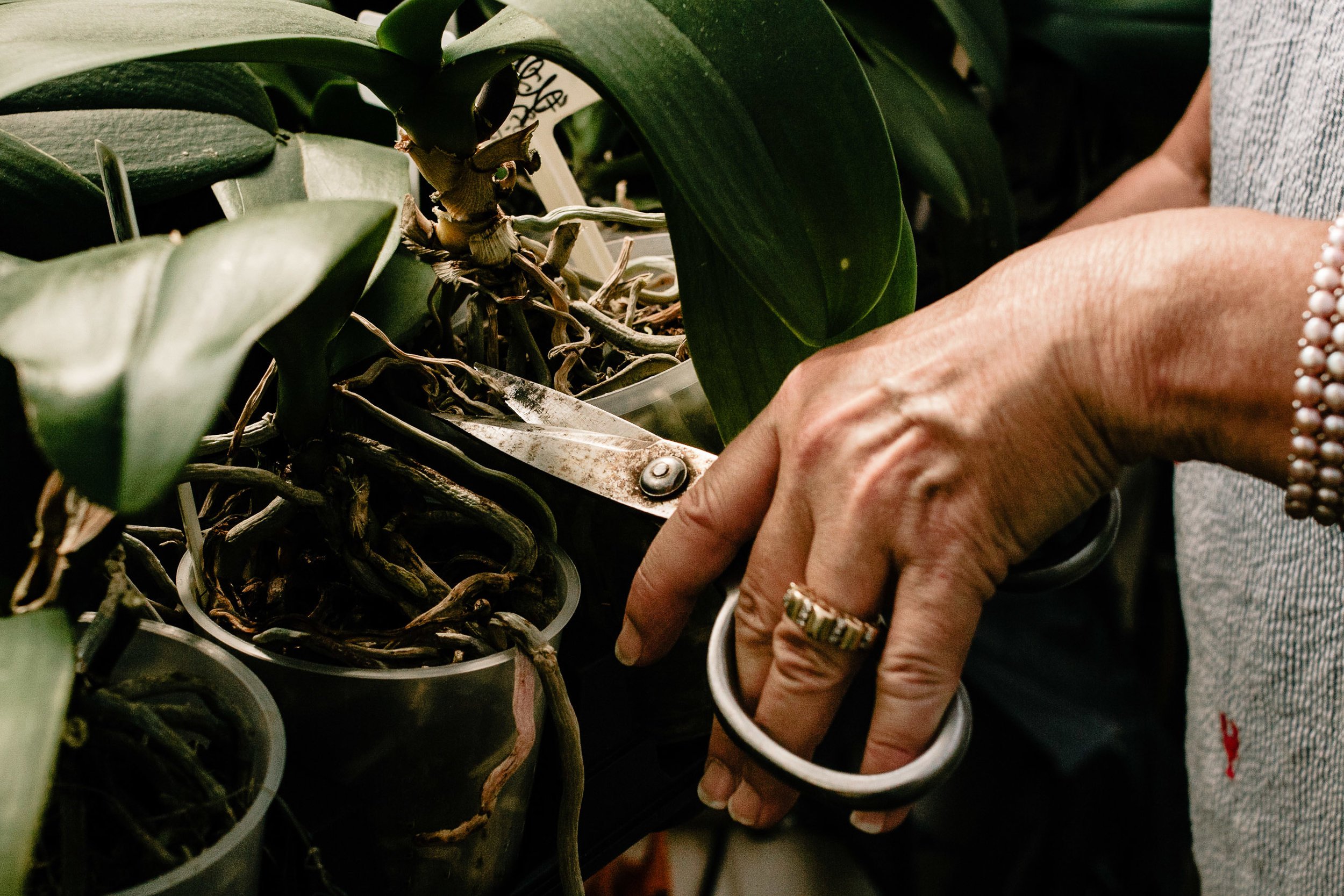Two Years
{Originally published August 9, 2019}
When I’m describing how I became a freelance writer, there’s a familiar ring to it. There’s the first outing, the adrenaline rush, the thing being even more incredible than I ever could have imagined. The unsure beginnings giving way to enough steadiness to walk forward. The way my heart skips a beat when I’m about to leave the house, knowing I get to go out and be exactly where I’m meant to be. How if there had only been one or two missed connections, I never would have discovered this writing thing, or my love for it. And there it is: The way the story comes out like the telling of a love story. It’s not of the Hollywood variety - there are far more rejection emails and frustrated afternoons than bouquets and sunsets - but it is good. Good should be enough, don’t you think?
The following are ten things I’ve learned in my second year of freelancing. I say I’ve learned, but really I’m in the process of learning and re-learning most of these every week or two. I’m writing them as if I’m reaching back to my younger self, on the brink of starting this adventure - to the beginner they would be helpful, to the veteran they’re probably laughable. To me, they’re lessons earned from twelve months of very full life. So. Here they are:
1. Reading is part of your job. Make it a discipline, love it, read widely and often. Also, read more on your whims - it doesn’t all have to take a serious literary direction. If you’d like to read about the bear woman of Dare County, do it! It seems nothing is wasted.
2. Sometimes what feels like a fall from a cliff is actually a nudge in the right direction. It’ll all work out, I promise.
3. When interviewing a group, you need to run that interview, or else it will end up running you. If the group decides where the conversation is going, the information you gather probably won’t serve your readers well. Wear your grey blazer, and go in ready. (also, you’re going to find a white button-down that is going to be your professional best friend - it’s simple and versatile, and you need to never be without one again)
4. Your work is not as brilliant as you very secretly hope it might be, but it’s also not as terrible as you fear it may be. Put away yourself, and just tell the truth in the best way you know how.
5. As soon as you get out of an interview, take a second to write down the sensory details, or just details in general. Impressions of all the people you talked to, quirks, background noise - scrawl out all the information you can think of, sort it out later. You’re going to think you’ll remember. You won’t. Do your first draft self a favor, and write it down.
For instance the chemicals of the darkroom smell sharp, perhaps vinegar-y. It cleared your sinuses in ten short minutes.
6. When you have a story that you really believe in, wait for the right people to tell it with. It’s well worth the wait.
7. Put the phone in airplane mode. Downloaded songs only on rotation (songs with words that mean something are actually helpful). Your podcast addiction will simply have to languish for a couple of hours.
8. Stop pitching like unknown editors are horrible gate-keeping trolls, sneering down at you from their stack of unanswered emails. Start picturing them leaning over their desk with hope in their eyes, asking for the best story you’ve got. It’s gonna change your pitching life. (Additionally, send the pitch, log it in the tracker, and then forget you sent it. Agonizing over whether or not the last thing you sent is rejected only makes your next pitch worse.)
9. A great way to grease the wheel for writing work is to listen to writers, talking about writerly things. And when you get stuck, it’s okay to take a break. Walk away. Wash the dishes, dust your room, go for a walk - practice productive procrastination, and sometimes the solution will walk up and present itself (and you’ll have to go thundering across the house to write it down before it escapes).
10. The harvest is not up to you. You do your part, plant your seeds, and let God be God. Fretting is not going to make acceptance letters come any faster.
Bonus lessons: Buy your mom a Diet Coke every now and again for being your first and most honest editor. // Learn about the concept of creative resistance. You’re often procrastinating because you are worried the thing you’re about to make won’t be Absolutely Perfect. Look resistance in the eye, let it know you’re aware that it’s there, and then settle in to work anyhow. // About once a quarter, you’re going to get the urge to line up multiple deadlines on one day. DON’T DO THAT. Stagger deadlines, for the sake of your sanity and relationships. // Try to only go after work that you’re genuinely curious about.





